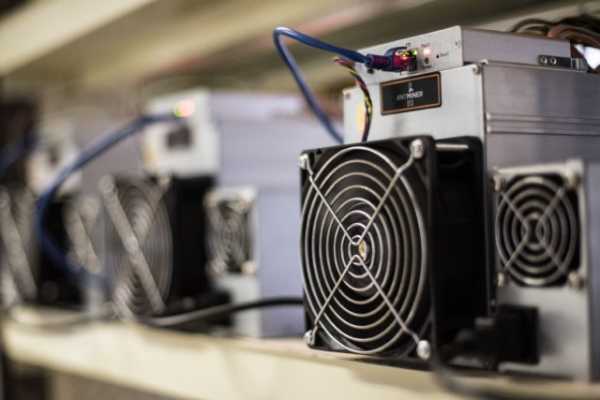Authorities have taken down more than 8,000 illegal miners in Irkutsk, Russia's cryptocurrency mining capital.

Russian authorities have discovered over 8,000 miners engaged in illegal cryptocurrency mining in the Siberian crypto mining hub of Irkutsk.
The region has banned the activity in parts of its territory to combat growing power shortages and grid disruptions caused by the boom in both legal and illegal mining.
Thousands of underground crypto farms have been discovered in Irkutsk
Officials in the Irkutsk region have found several thousand sites where illegal cryptocurrency mining is believed to be taking place, but the actual number is likely much higher, local energy company Irkutskenergosbyt told RIA Novosti, adding:
“There are more than 8 thousand illegal mining sites registered in the region. The largest number of them are recorded in Irkutsk – about 1.5 thousand and Irkutsk region – 1.7 thousand.
The cities of Angarsk and Shelekhov are also in the “red zone,” the company added. The Prime business news agency also noted that the real number of so-called “gray” miners is significantly higher.
The increase in demand for “noise protection covers” – devices designed to reduce noise produced by mining equipment – is further evidence of the scale of these “shadow operations,” Irkutskenergosbyt notes.
Home miners use them when installing mining rigs in residential buildings, basements and garages to avoid attracting the attention of neighbors and not causing their complaints.
According to representatives of the utility company, advertisements for the sale of such improvised devices can be found on all Russian social networks and Internet sites.
Many of these homemade structures, made from plywood and mineral wool, do not provide adequate sound insulation and may increase the risk of fire.
Irkutsk at the center of Russia's fight against illegal mining
In 2024, Russia recognized cryptocurrency mining as a legal business activity. Since November, companies and individual entrepreneurs can mine cryptocurrencies without restrictions, provided they register with the Federal Tax Service (FTS).
Individuals who consume less than 6,000 kWh of electricity per month are not required to register. They are called “gray” miners because they tend to fly under the radar and often cause increased electricity consumption in residential areas.
Another category is “black” miners, those who use stolen electricity by illegally connecting to distribution networks. The Russian grid operator Rosseti looks for them by the volume of electricity consumption and Internet traffic with the help of telecommunications companies.
Initially, Moscow welcomed the expansion of the industry, based on the idea that Russia's competitive advantages in the form of cheap and accessible energy resources would lead not only to increased business revenues, but also to budget revenues.
However, the concentration of mining enterprises of all types has also led to power shortages in a number of regions, which has forced the federal government in Moscow to support temporary and, in some cases, permanent restrictions on mining.
Russian President Vladimir Putin himself justified the measures by stressing the need for a balanced approach to the exploitation of Russian resources during a forum on development initiatives last month.
About a dozen Russian regions across the country – from the Far East to the North Caucasus and annexed Ukrainian territories – have already banned the activity until 2031.
Mining restrictions were also introduced in the southern regions of the Irkutsk region, dubbed the “mining capital” of Russia. Initially a seasonal ban in effect in winter, it was later extended to a year-round ban.
Russian lawmakers are considering a bill aimed at preventing mining in data centers. The bill's authors argue that this will save computing power that could be used in other areas, including developing artificial intelligence applications.
Meanwhile, operators of such infrastructure have recently been required to report any mining activity at their facilities to the Federal Tax Service and other relevant agencies.
Russia is also preparing to toughen penalties for violating mining bans and illegal coin minting. Among the proposed measures is allowing authorities to remotely disconnect crypto farms from the grid during peak consumption hours.
Source: cryptonews.net



